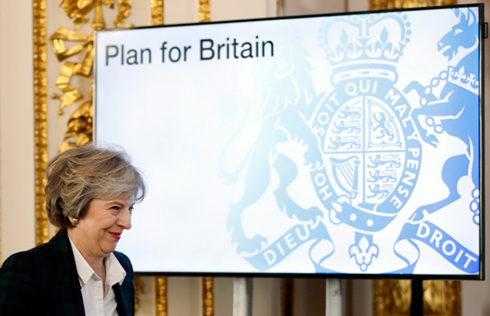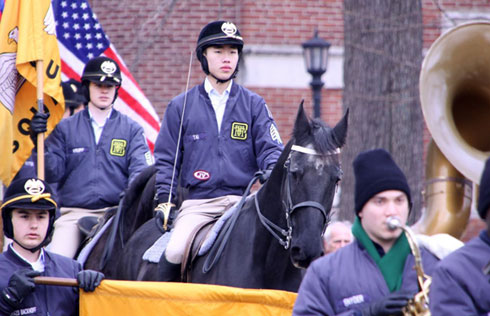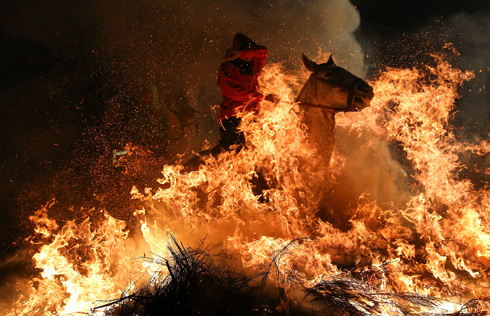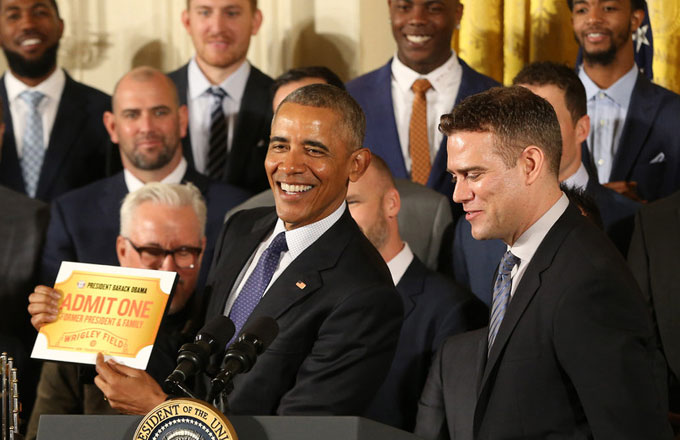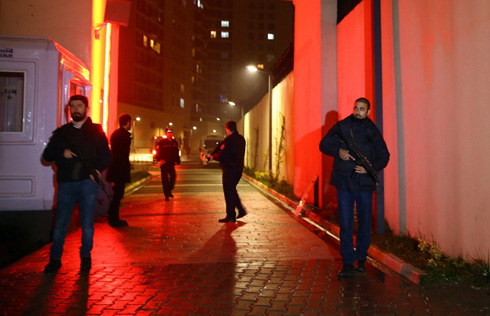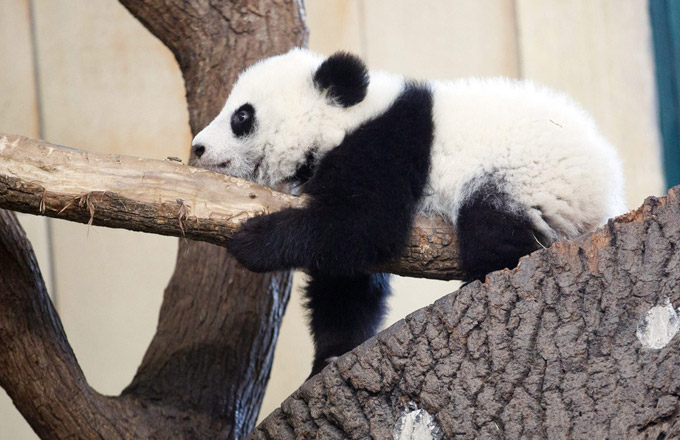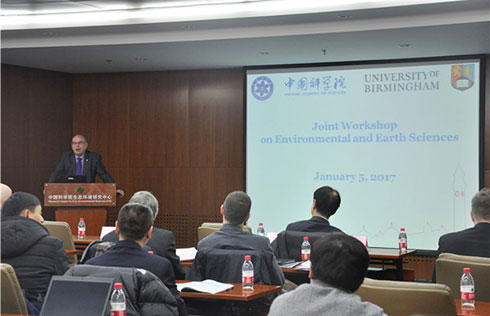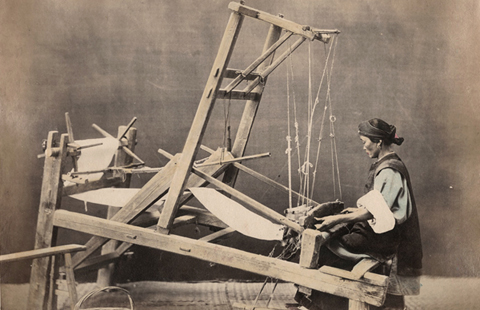UK media scrutinizes new press rules
Britain's newspapers vowed to closely scrutinize a deal struck on Monday by the main political parties for a tough new press regulator, which they warned threatens 318 years of press freedom.
MPs insisted the agreement would rein in the kind of misdeeds exposed by the News of the World phone-hacking scandal, without curbing press freedom, but the newspapers said the government had "crossed the Rubicon".
Prime Minister David Cameron said the new regulator would have the power to issue harsh sanctions on misbehaving newspapers, including fines of up $1.5 million.
"We need a system of tough, independent self-regulation that will deliver for victims," he told parliament.
Cameron warned that regulation of Britain's famously unruly press must "actually deliver" for victims of media intrusion, rather than being simply "an exercise in grandstanding".
The new body will be able to force newspapers to issue upfront apologies for inaccurate or intrusive stories, Cameron said, as well as offering a free arbitration system for victims.
Newspapers that refuse to sign up for the voluntary system could face extremely high "exemplary" damages in court cases.
A statement issued by the Daily Mail Group, Telegraph Media Group and News International - publishers of The Sun and Times newspapers - said they needed "time to study" before responding to the "deeply contentious issues" contained within the plan.
The Guardian, which uncovered much of the hacking scandal, said the statement "suggests that many powerful players are still calculating whether to play ball.
"The political class as a whole could discover that the brokering has only just begun," it cautioned on Tuesday.
Political leaders said the deal, finally struck at 2:30 am local time on Monday after months of negotiations, addressed the abuses laid bare in last year's Leveson Inquiry into media ethics, without bringing an end to more than three centuries of press freedom in Britain.
However, the Daily Telegraph accused MPs of "crossing the Rubicon".
"Last night, Parliament decided that 318 years was long enough to let newspapers and magazines remain beyond its influence," said its editorial.
The Times said the deal set "a dangerous precedent" and called Monday "a bleak episode in the story of freedom of the press in Britain".
Cameron set up the inquiry following revelations that Rupert Murdoch's News of the World tabloid illegally accessed the voicemail messages of a murdered schoolgirl as well as dozens of public figures.
Over eight months of hearings, Judge Brian Leveson heard testimony from dozens of victims of press intrusion, including actor Hugh Grant and Harry Potter author J.K Rowling, as well as politicians, journalists and newspaper executives.
Leveson concluded in his final report that British newspapers had "wreaked havoc with the lives of innocent people" and recommended a complete overhaul of their system of self-regulation, backed by a new law.
Agence France-Presse






